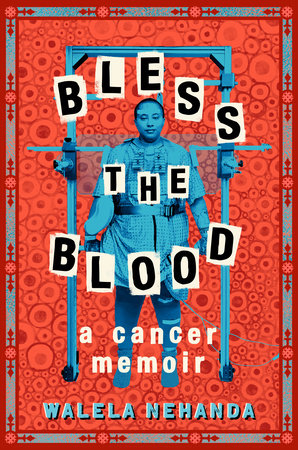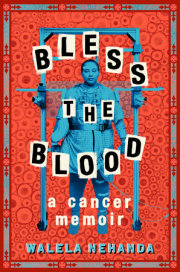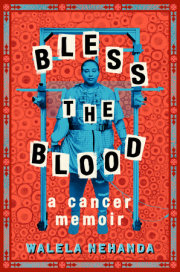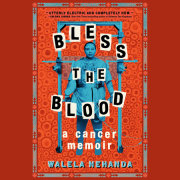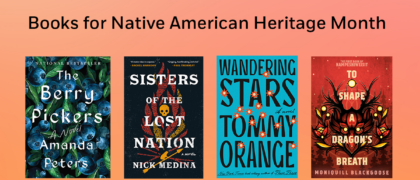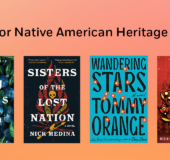Dear Reader,
This book encapsulates a time in which I experienced many things that people would consider disturbing, triggering, overwhelming, or uncomfortable. It is my intent to shed light on what often feels unbearable to talk about.
Sometimes, when reading heavy words, you may feel seen in a way that can be both comforting and painful. Sometimes, when reading heavy words, you may be made aware of realities outside of your own that can be both enraging and jarring. Either way, witnessing a heavy journey such as my own is a task in itself.
Please take care in the ways you need while reading my book.
If that means walking away from this book for a week, a month, a year, or forever—so be it. If that means throwing this book against a wall, please do so—it was built for it. If that means crying into this book—my words will hold your tears; this ink was made to be blotted.
If at any point you feel overwhelmed, please call a friend or loved one to vent, talk to a trusted person in your life, partake in some sort of self-nourishing activity to soothe your nervous system, or reach out to whatever network you have, big or small, for support. Be gentle, sweet soul, with your heart, your emotional world, and your bodymind.
Content Warning: cancer, hospitalizations, medical procedures, medical racism, microaggressions, macroaggressions, ableism, chronic pain, stem cell transplant, systemic violence, physical and emotional abuse, neglect, sexual assault, suicidal ideation, self-injury, disordered eating, financial trauma, social media, substance use, chronic pain, medication, weapons, racism, classism, depression, anxiety, PTSD, neurodivergence, homophobia, misgendering, transphobia, fatphobia, erasure, death of loved ones, grief & loss.
writer’s note: this here ain’t a john green novel after cynthia parker-ohene look, before we get started, imma let y’all know: this here ain’t a john green novel. i do actually smoke down the cigarette augustus waters puts between his teeth. i don’t believe in corny Tumblr metaphors about death. i will pick up that lighter. inhale marlboro reds to the chime of funeral bells and an IV beeping. this is not a romanticization of tragedy. no, there won’t be a nicholas sparks redemption arc reserved for me. i’m not an innocent porcelain angel like jamie sullivan from
a walk to remember. do not expect me to perform infinite kindness or gratitude. notice black people do not exist in these worlds, but cancer exists in mine and theirs. again, this here ain’t a john green novel. you ’bout to step into my world. one of the misunderstood. this here ain’t for the hardheaded ego or faint of heart. i plan to fail any expectation you have of me. there’s no prophetic wisdom to sip in doses of stanzas like a prescription. i am not an inspiration. i am not the undesirable, ugly ghoul that society portrays the sick and black and disabled to be. welcome to my lecture on medical racism. i’m not here to make survival comfortable. i am indeed the bad cancer patient. i talk back and think after. i cuss. i hold glorious pity parties. i self-sabotage. i am the catchall for assumptions. i am not your token negro. i will spit at the feet of those who spite me. i am not part of white men’s “robust” imagination where they thread plot lines about lives they’ve never lived. i do not want to be imagined by them. that’s why you’re here. reading this. there is no consent in the “theatrics of cancer.” there is no soft underbelly of the beast [america] for black folks. this book is a mess about time. and cancer. and time. and love. and time. and hurt. and time evading us all. no happy endings. it just. is. a witnessing.
Hopscotch for Leukemia Was Apparently for a Real Disease “You have a white blood cell count of 660,000. That is 600 percent more than normal. You likely have leukemia. You will be getting admitted to the oncology unit” flatlines the room
The doctor darts out as quickly as he says the news.
He leaves a nurse trying to hold back her pity but failing miserably.
My eyebrows twist into a question mark devoid of panic.
I don’t know what leukemia is.
I haven’t even heard of it.
Mmm, well, except this one time at Montessori.
In elementary school, we were competing in a fundraiser
for some poor, sick kids pictured in colorless pamphlets.
Eight hours passed to the metronome of hopscotching across
my school’s pastel chalk concrete playground.
I was lighthearted back then.
Not whatever this is now—
my face slammed against the garage door of my mind.
A Google search illuminates me,
leukemia is: blood cancer
. . .
Cannnceeerr . . . ???
ARE YOU BLEEPIN’
KIDDIN’ ME,
CANCER!?!
Copyright © 2024 by Walela Nehanda. All rights reserved. No part of this excerpt may be reproduced or reprinted without permission in writing from the publisher.

